Expect two sleeps a day at six months, continuing to a baby’s first birthday, when one snooze may soon become enough. By six months about 50 per cent of babies are ‘sleeping through the night’ (or sleeping about five hours or more – yay!), although many still wake once, twice, or several times during the night. At six months, your baby may stay awake for two to three hours at a time during the daytime – meaning more time to establish a routine and for mum & baby to get out and have fun together!
A day in the life…
For a structured approach to your day, here’s Gina Ford’s morning routine for a baby at six to nine months.
- 7am: Baby should be awake, nappy changed and feeding no later than 7am. Full bottle or breast-feed followed by breakfast cereal and fruit.
- 8am: Kick on the play mat for 20 to 30 minutes. Wash and dress baby.
- 9am: Settle the drowsy baby in his sleeping bag in the dark with the door shut and no later than 9am.
- 9.30/9.45am: Open the curtains and undo his sleeping bag so that he can wake up naturally.
- 10am: Encourage him to have a good kick on his play gym or take him on an outing.
- 11.45am: He should be given most of his solids before being offered a drink of water, then alternate between solids and a drink.
- 12.20pm: Change his nappy, close the curtains and settle the drowsy baby in his sleeping bag in the dark with the door shut and no later than 12.30pm.
How to help your baby to sleep
- During the day, spend time with your baby playing, walking, shopping or visiting friends. Babies need attention and may wake for it at night if they do not get enough during the day.
- On the flip-side, if your day is too hectic, your baby may not sleep so well at night.
- Don’t let your bub become overtired – missing out on a day sleep does not usually help the night sleep.
- Encourage your baby to eat and drink well during the day, so that he does not need a night-time feed. If you cut down night feeds, your baby’s daytime appetite will increase.
Why night-time rituals help
Babies often find comfort and security in night-time rituals, or special things you do only at bedtime:
- Keep to a regular bedtime routine – bath, quiet play or story, cuddle, dummy, if they use one, then bed.
- Put your baby into their cot awake, to help them go to sleep in their own bed. Patting, rocking, playing relaxing music or singing a lullaby may also help.
- If your baby cries when you leave, they will feel more secure if you stay until they are calm. If you try to sneak out, it can make a baby anxious, and may stay awake for longer.
Important!
It’s worth bearing in mind that routines are easy for some babies to pick up, and not so easy for others, so these are only suggestions and guidelines.

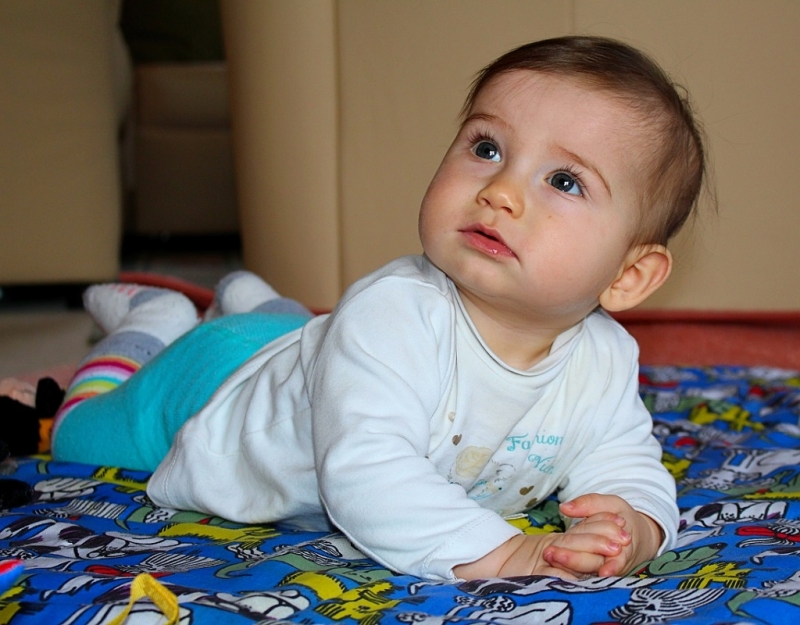

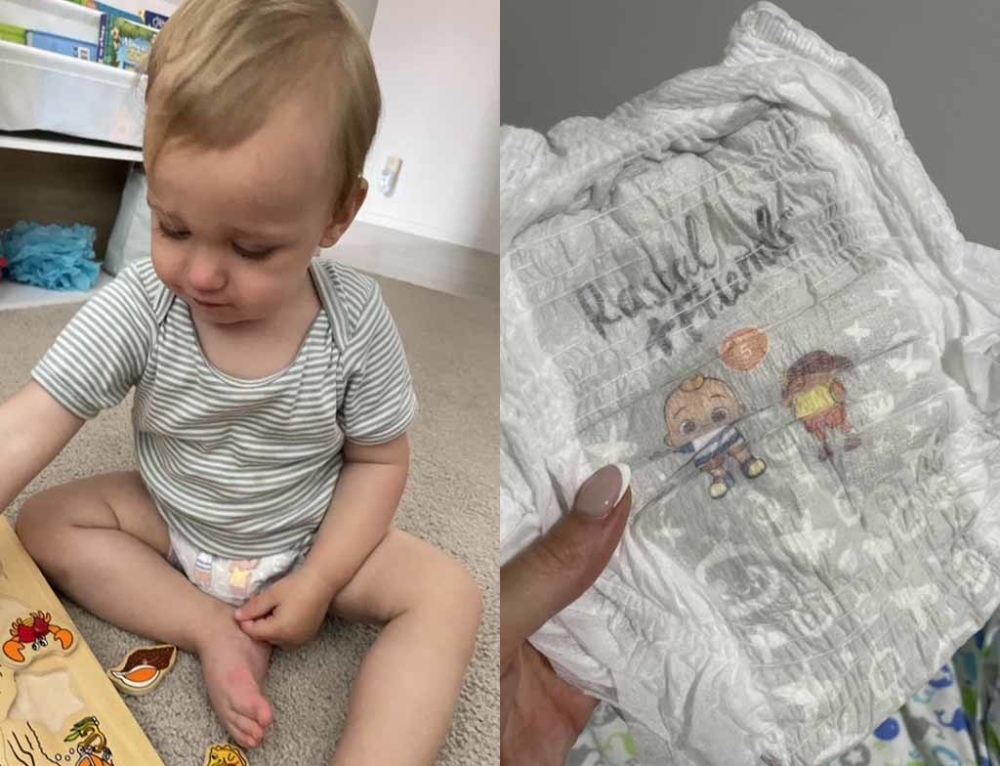
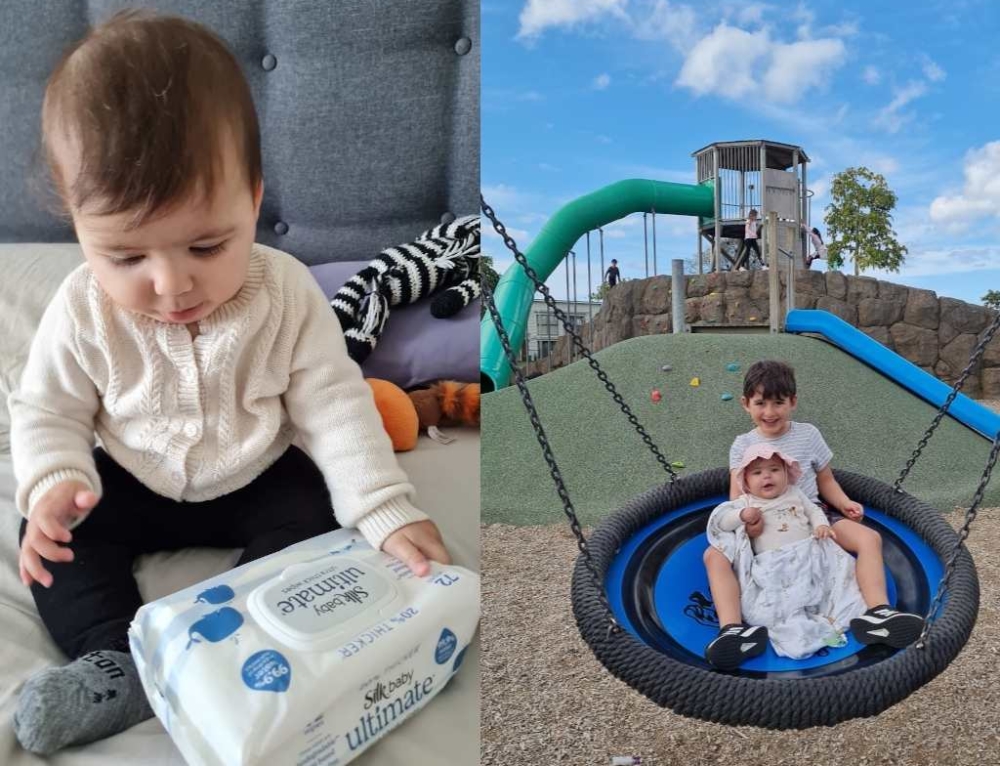
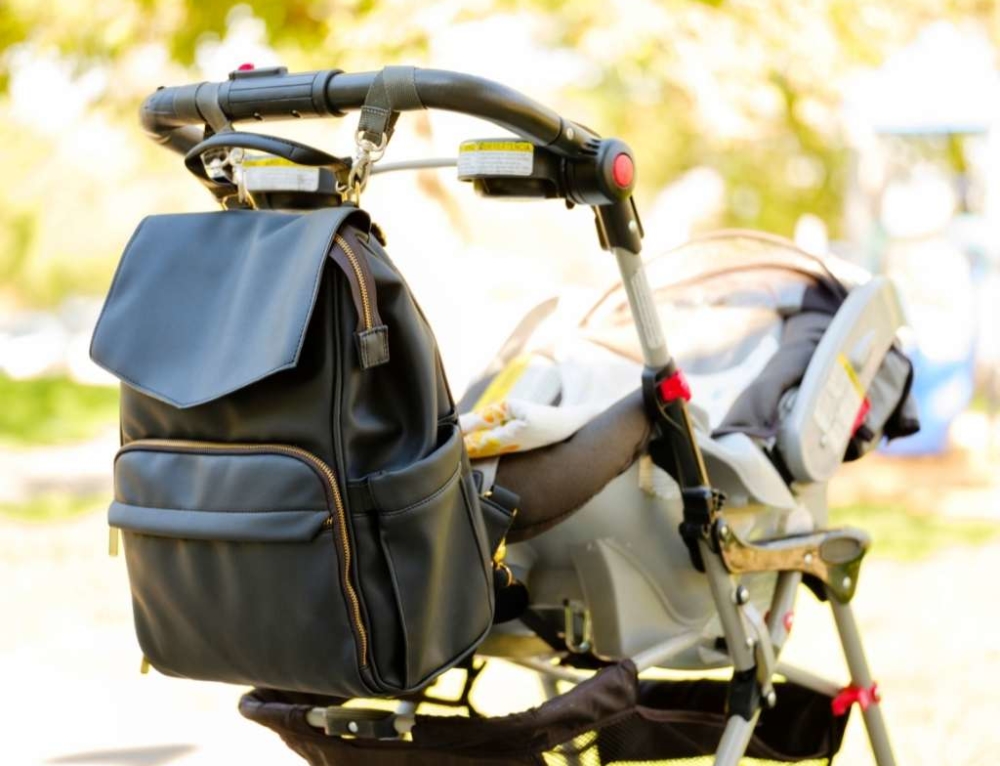
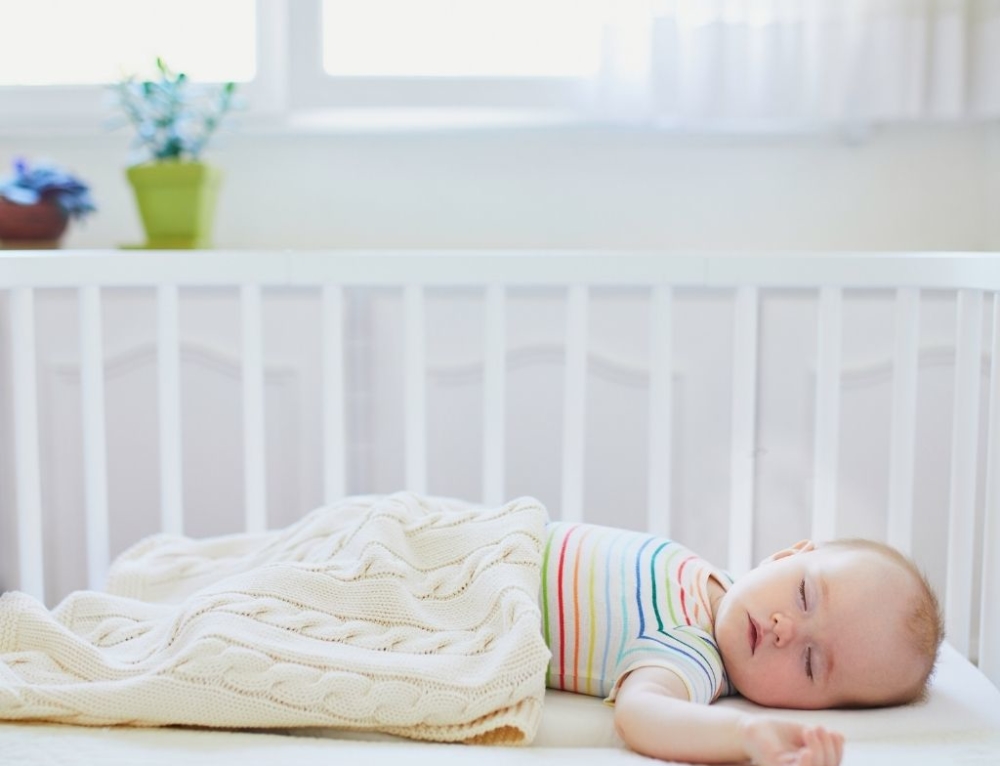
Leave A Comment
You must be logged in to post a comment.